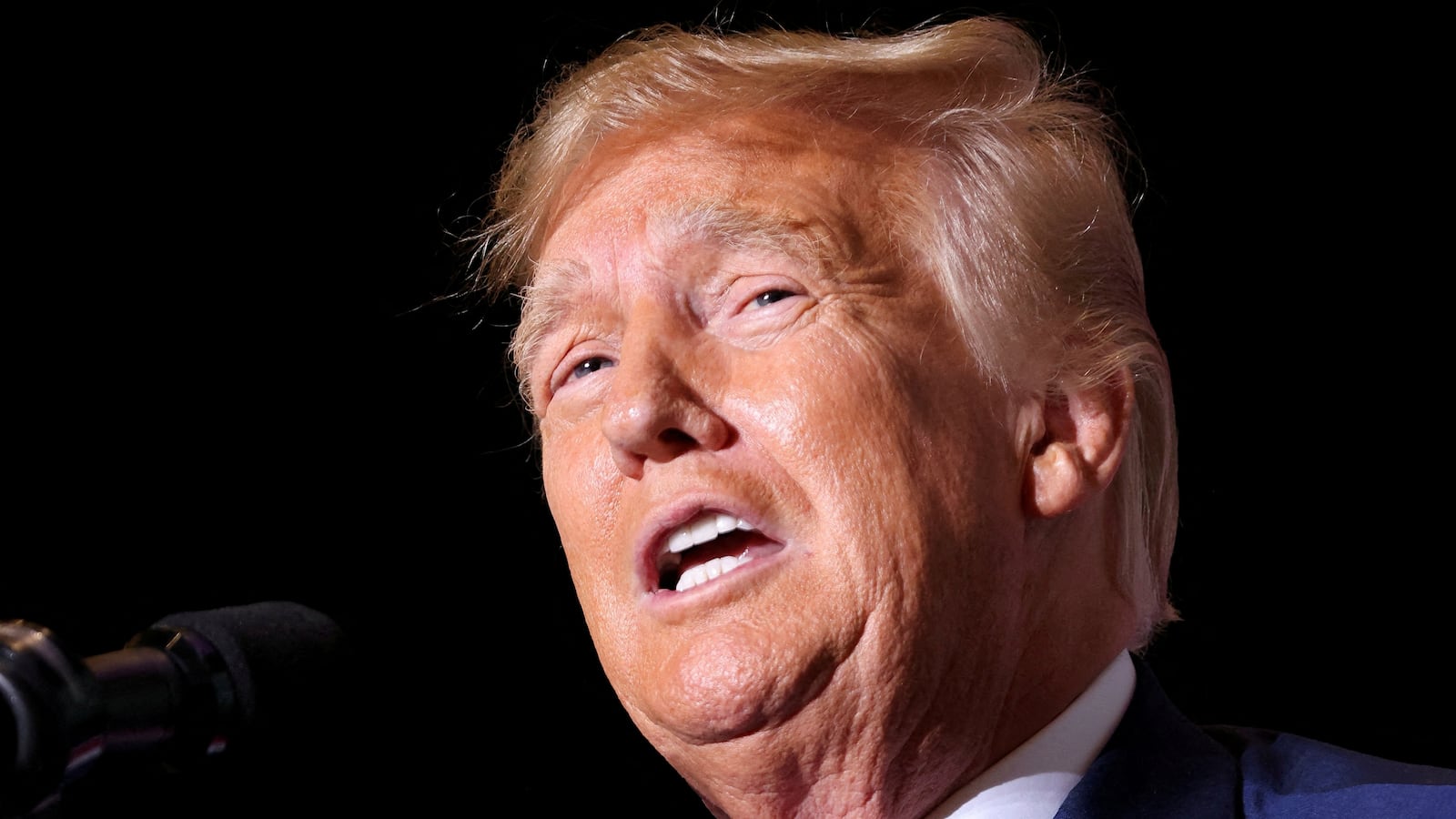Former President Donald Trump is set to go on trial in South Florida for hoarding classified documents at his oceanside mansion in May 2024, giving him extra time to prepare a defense—but putting the presidential candidate in the hot seat right smack in the middle of key primary elections.
U.S. District Judge Aileen M. Cannon on Friday issued a seven-page order rejecting the Department of Justice’s request to hold the trial much sooner, citing the extremely complicated nature of handling such sensitive national secrets at the most closely watched trial in American history.
DOJ special counsel Jack Smith and his prosecutors wanted Trump to face serious criminal charges as early as this year, which would resolve the matter before the leading Republican presidential candidate appears on primary ballots across the country.
However, Cannon wrote that “the government’s proposed schedule is atypically accelerated and inconsistent with ensuring a fair trial.” She cited the voluminous evidence in the case, which includes “at least nine months of camera footage” and “at least 1,545 pages of classified” records.
Trump is accused of mishandling top secret documents he had no right to keep after leaving the White House, then orchestrating a scheme to cover it up when the feds came knocking. Walt Nauta, a former White House employee who became Trump’s Diet Coke valet, also faces charges for moving boxes of classified materials in an attempt to hide them from investigators.
The extra time will also allow the judge to navigate a complicated situation—dealing with the federal government’s competing interests. DOJ prosecutors want to hold Trump accountable for putting the nation’s security in danger, but spy agencies and the military don’t want to expose all these records at a public trial. Cannon plans to set the rules in the coming months.
At a court hearing on Tuesday, Trump’s lawyers also argued that the former president couldn’t possibly get a fair trial before the November 2024 presidential election. But in her subsequent order, Cannon held back from weighing in on “the likelihood of insurmountable prejudice in jury selection.”
Cannon scheduled a two-week trial that starts May 20 next year, which she said will take place in her tiny satellite courthouse in Fort Pierce, Florida.
Trump’s lead defense attorney in the case, Todd Blanche, did not respond to questions Friday morning. Neither did Nauta’s lawyer, Sasha Dadan, who previously ran as a Republican for Florida’s state House of Representatives.
Peter Carr, a spokesman for Smith’s prosecution team, declined to comment.








